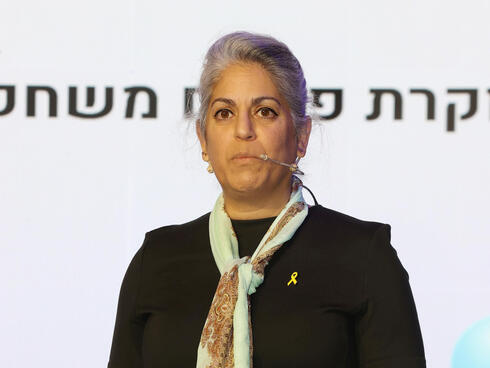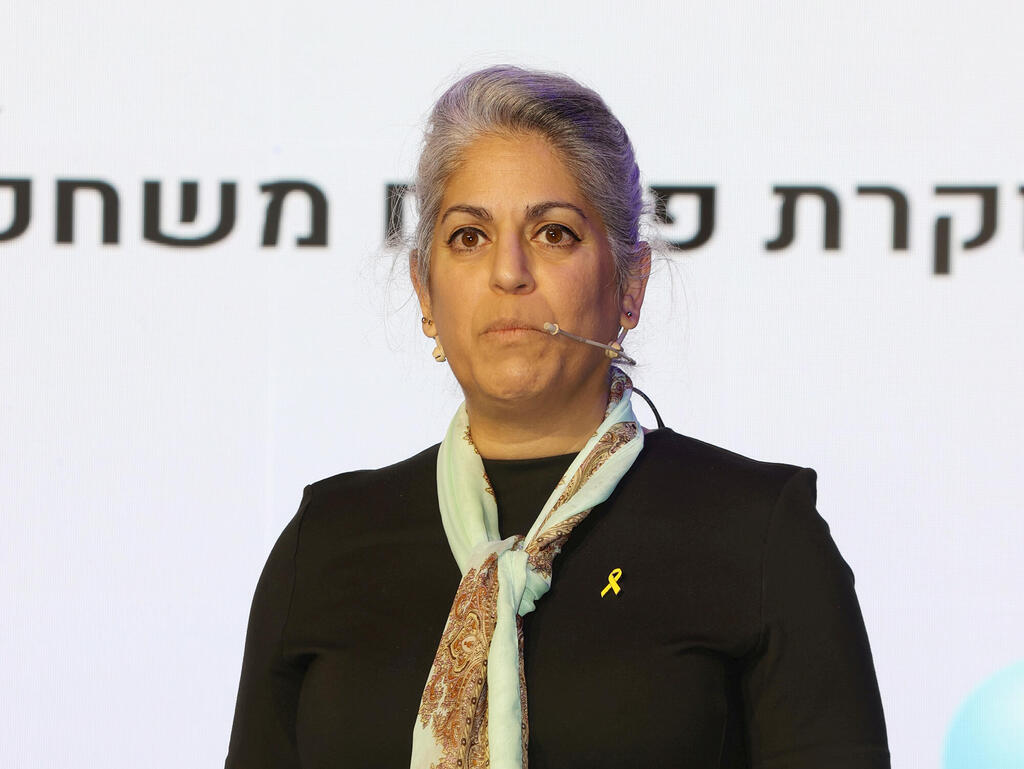
War games of a different kind: Games developed in this war have a higher purpose
Yael Hakshurian, head of practical studies at the School of Design at the Kibbutzim College, spoke about these new games at the Calcalist Gaming Conference held in collaboration with Google and Playtika: "These are games that have an agenda they are interested in promoting."
Yael Hakshurian, head of practical studies at the School of Design in the Faculty of Arts at Kibbutzim College, spoke at the Calcalist Gaming Conference, held in collaboration with Google and Playtika, about the integration of technology and gaming in education. She presented two projects she was involved with over the past year. "Both games fall under the category of 'serious games'—games that, beyond entertainment, promote a specific agenda," she explained.
The first project, Rugelach Games, was initiated in response to the events of October 7 and the ensuing war. "I received a WhatsApp message inviting me to participate in a game development hackathon aimed at making the realities of the situation more accessible to children in Israel. This included explaining concepts like shelters and alarms," she said. "Alongside me were other developers who created games addressing challenges from this period: the need to organize supplies for reservists, children caught by alarms while playing on playgrounds, and similar scenarios. These are existing mechanisms; all the games were adapted for mobile devices, with the idea being to create light, Hebrew-language games that could be played in shelters."
Hakshurian showcased one game in which players organize supplies for reservists within 90 seconds. "The games are simple and clearly define their target audience. Although they were designed for children, many soldiers also uploaded videos to TikTok showing themselves playing these games," she noted. Another game she highlighted was Rachel Power, in which a character named Rachel from Ofakim shoots cookies at terrorists. The project involved 50 volunteers and resulted in the development of nine customized games and activities over the course of a week.
The second project Hakshurian discussed focused on trailblazing women and was also inspired by the aftermath of the war. "In October 2023, higher education studies were delayed, and we wanted to give students, who were not attending classes, a way to contribute," she explained. The project was initiated by Betty Shrieber in collaboration with Michal Hominer, curator of the ANU Museum, who created an exhibition on pioneering women in response to the events of October 7.
Two of Hakshurian's students visited the exhibition and noticed that, despite the museum being highly accessible, it lacked representation for people with disabilities. "We know that following the events of October 7, there has been a significant increase in the number of people with disabilities," she said. In response, the students developed a digital escape game that placed disabilities at the forefront, highlighting that people with disabilities can participate fully in gaming experiences. "The game includes riddles, puzzles, and challenges, aiming to let audiences see characters they can identify with and recognize within the game," she concluded.














